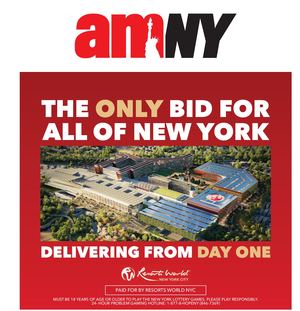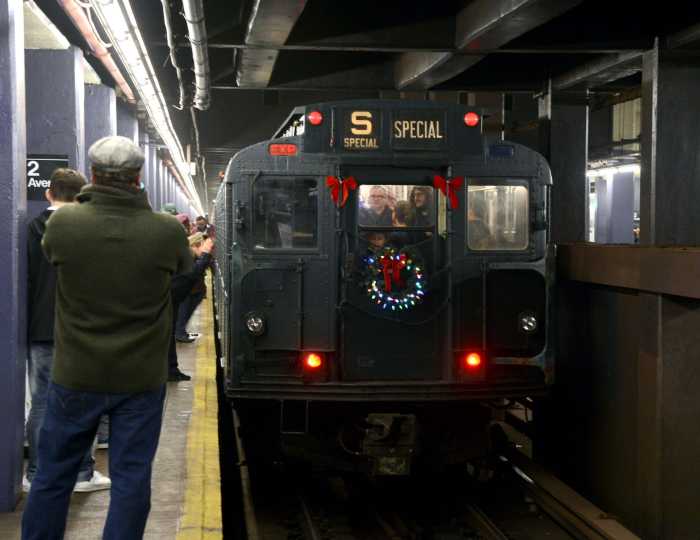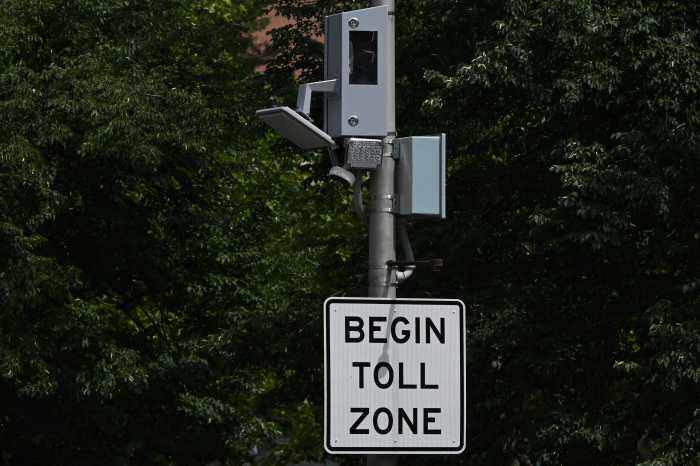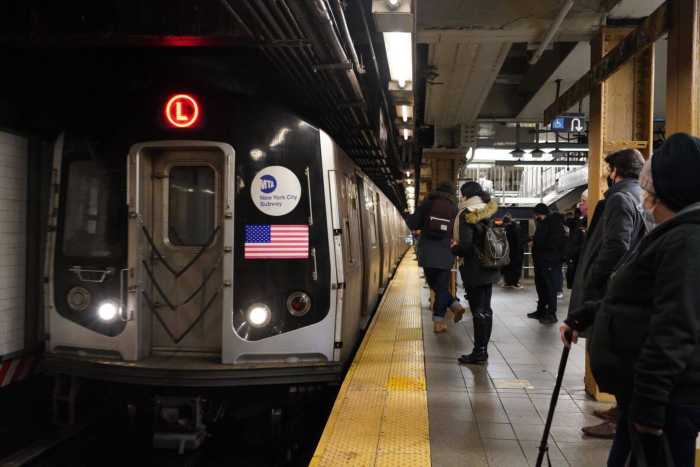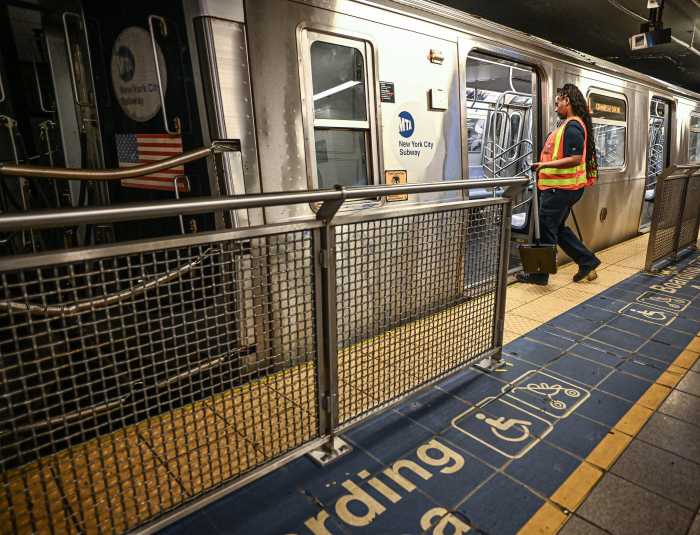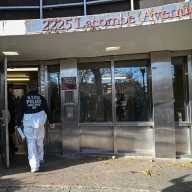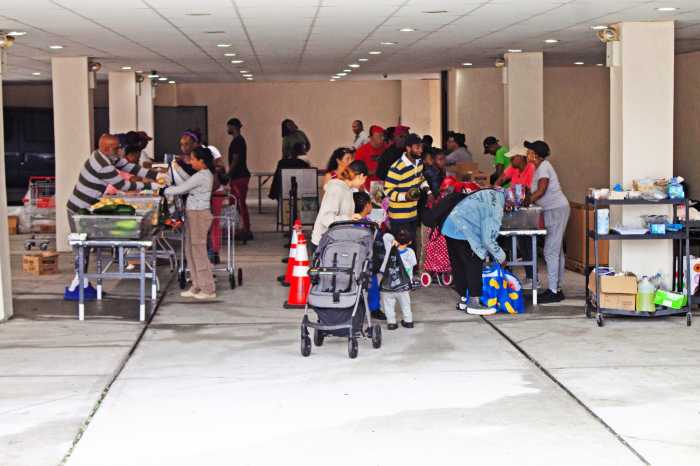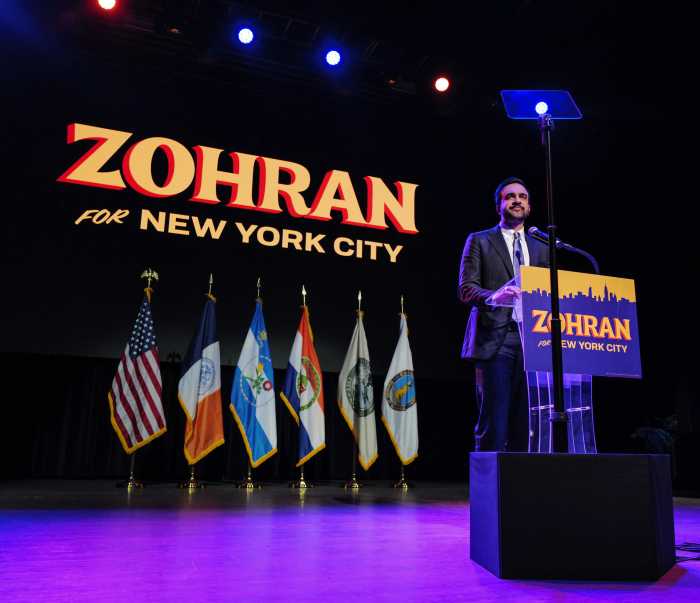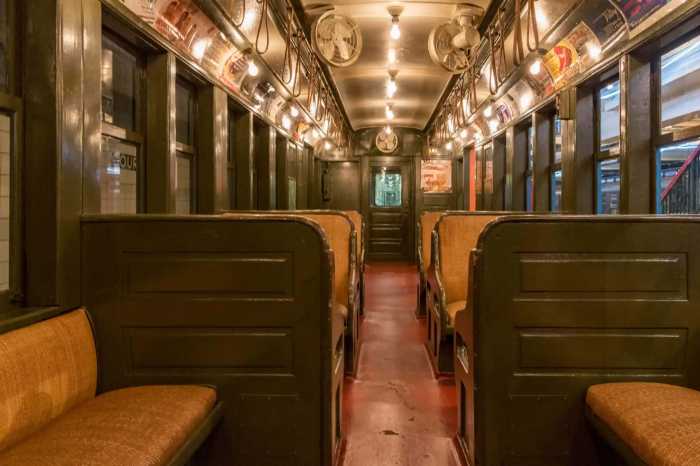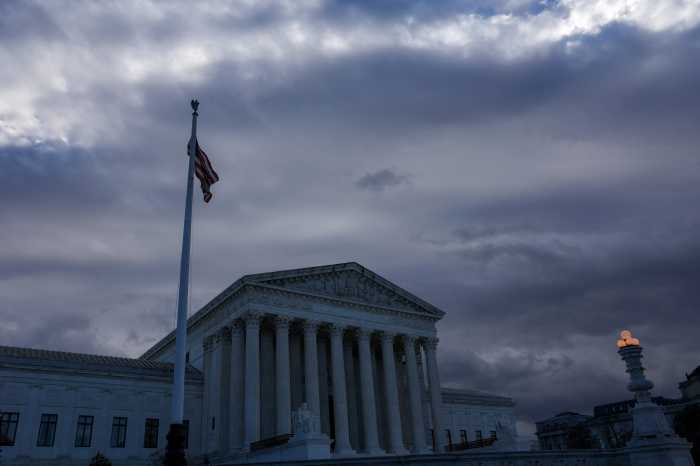
Subway delays are costing New Yorkers more than just added commute time.
In fact, delays longer than 20 minutes cost the city nearly $390 million in economic activity each year, according to a report released Sunday by city Comptroller Scott Stringer. His office analyzed data on ridership, delays and hourly wages to develop a ranking of train lines by the costs associated with lateness.
“What these new numbers show is that the cost of inaction is greater than the cost of action and that subway delays take a massive toll on our economy,” he said in a statement.
The report focused on “major delays,” meaning any delay longer than five minutes. “Major delays” were broken into three categories: “best case” delays (trains averaging 10 minutes late), “mid-range” delays (trains averaging 15 minutes late), and “worst-case” delays (trains averaging 25 minutes late).
The 5 train had the highest delay costs with an annual economic loss of nearly $12.1 million for “best case” delays and about $31.5 million for “worst case” delays. The G train was ranked most favorably with about $2.3 million in annual economic loss for “best case” delays and approximately $3.8 million for “worst case” delays.
Stringer repeated his call for the MTA to increase funding and track work to curb the delays.
Shams Tarek, a MTA spokesman, said the agency’s report is not news to them.
“We appreciate the comptroller’s support of Chairman [Joe] Lhota’s Subway Action Plan and his call for City Hall to commit to paying its fair share to implement the plan,” he said in a statement.
